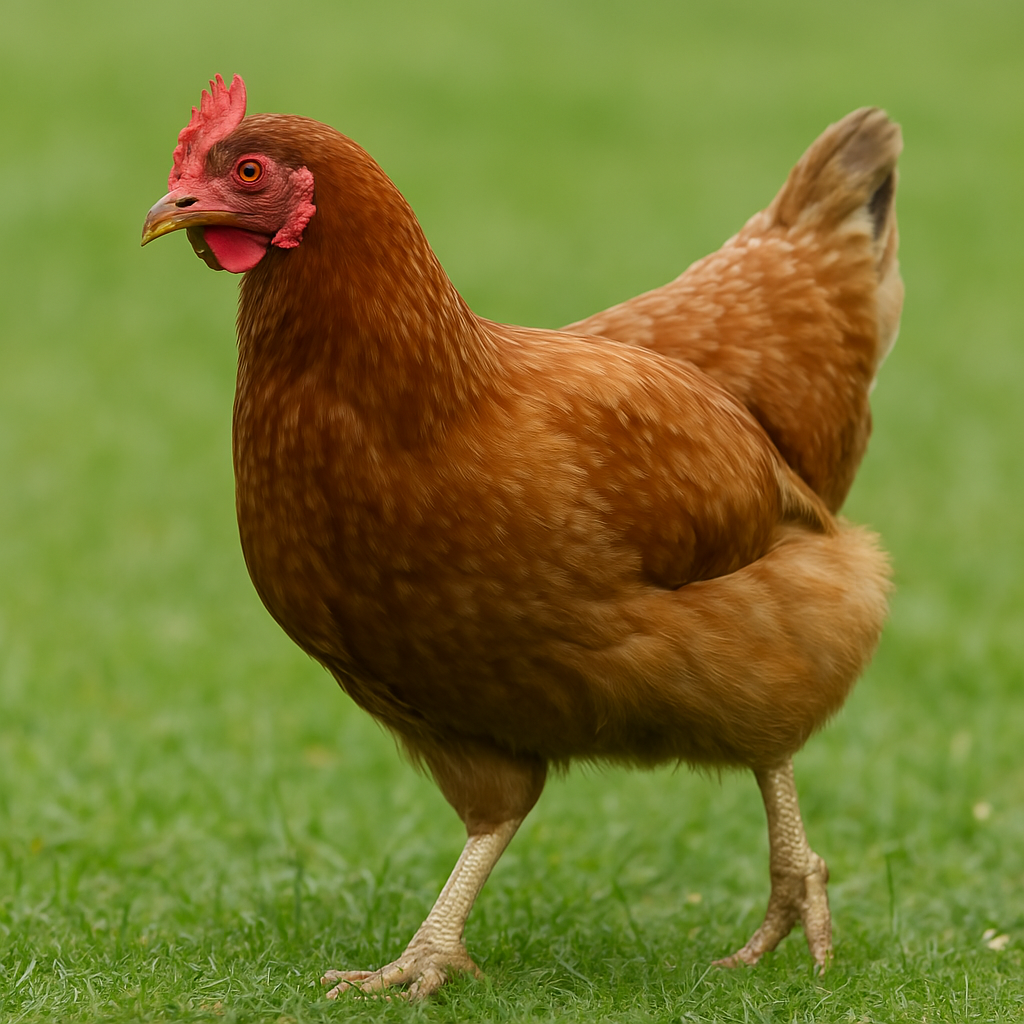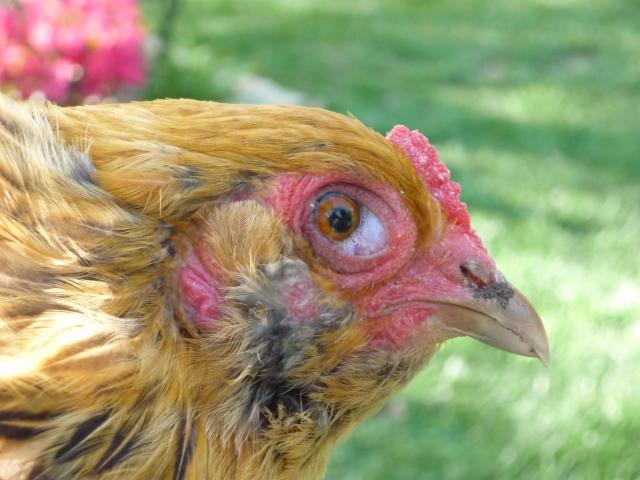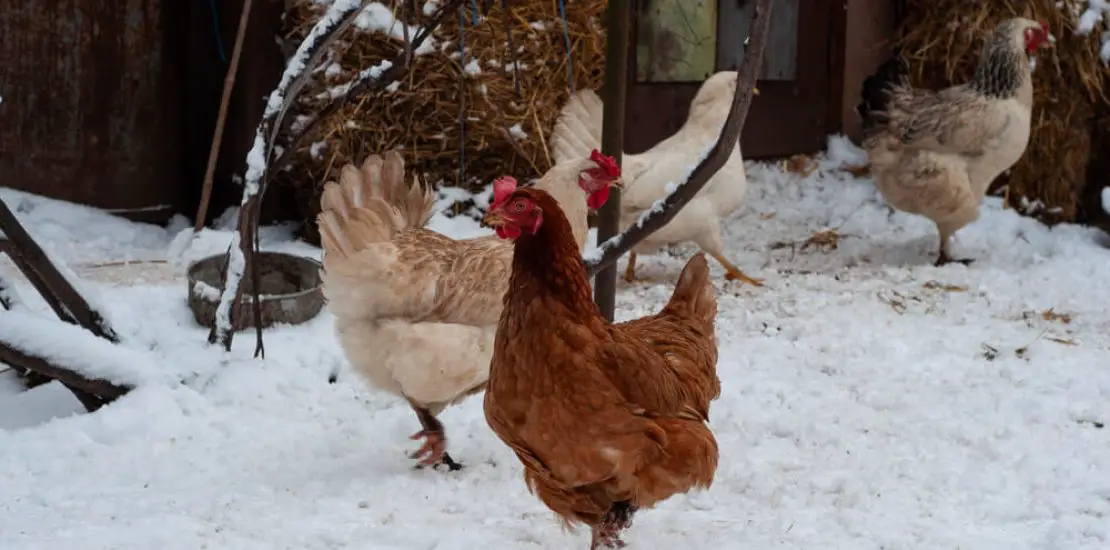Keeping chickens can be a rewarding experience, but it comes with a set of challenges.
One of the most common issues poultry owners face is dealing with parasites such as mites and lice. These tiny insects can cause significant harm to your chickens, leading to discomfort, illness, and even death.
Therefore, it’s crucial to understand how to prevent and treat mites and lice in chickens.
In this article, we’ll discuss the causes, signs, and methods to control and eliminate these parasites from your flock.
Causes of Mites and Lice in Chickens
Mites and lice are two of the most common parasites that infest chickens. Mites are microscopic arthropods that live in the chicken’s feathers, while lice are larger and visible to the naked eye. Both mites and lice feed on the chicken’s blood and can cause significant damage to their health.
Mites and lice are primarily spread through contact with other birds or infested environments. The parasites can also hitch a ride on humans, wild birds, rodents, and even on other pets. They can quickly spread from bird to bird and infest an entire flock if not dealt with promptly.
Signs of Mites and Lice in Chickens
One of the most apparent signs that your chickens are infested with mites or lice is that they become itchy and restless. They may also start feather-pecking, which can lead to bald spots and skin irritation.
Other signs of infestation include pale combs and wattles, decreased egg production, and weight loss.
To determine if your chickens are infested with mites or lice, you’ll need to perform a thorough inspection of their feathers, skin, and the areas where they roost. You may notice tiny red or gray specks crawling on your chicken’s skin or feathers. Additionally, you may find lice eggs or mite droppings on the feathers or bedding.
The most common types of mites that attack chickens are the northern fowl mite (Ornithonyssus sylviarum) and the chicken mite (Dermanyssus gallinae).
There are two types of lice that commonly infest chickens: the chicken body louse (Menacanthus stramineus) and the chicken feather louse (Goniocotes gallinae).
Prevention of Mites and Lice in Chickens
Prevention is key to avoiding mite and lice infestations in your flock. You can take several steps to minimize the risk of infestation, including:
- Regularly clean and disinfect the coop: Mites and lice thrive in dirty and dusty environments, so it’s crucial to keep the coop clean and dry. Use a poultry-friendly disinfectant to clean the coop regularly, and change the bedding often.
- Quarantine new birds: If you’re adding new birds to your flock, it’s essential to quarantine them for at least 30 days to ensure they’re healthy and parasite-free before introducing them to the rest of your flock.
- Dust baths: Provide your chickens with a dust bath area. Chickens naturally enjoy dust bathing, and it helps them keep their feathers clean and free of parasites. (DIY DUST BATH IDEAS)
- Perches: Install perches made of smooth materials, such as metal or plastic, that are easy to clean. Avoid using wooden perches, as they can harbor mites and lice.
- Diatomaceous earth: Diatomaceous earth is a natural insecticide that can be used to control mites and lice. Dust it over the chickens and their bedding, and it will kill the parasites on contact.
Treatment of Mites and Lice in Chickens
If your chickens are already infested with mites or lice, you’ll need to take immediate action to control the parasites. Here are some methods to treat mites and lice in chickens:
- Dusting: Dust your chickens with poultry dust or diatomaceous earth. Make sure to cover all areas of their feathers, skin, and the coop.
- Insecticides: You can use insecticides to eliminate mites and lice in your chickens. However, it’s essential to choose a poultry-friendly insecticide and follow the instructions carefully.
- Bathing: You can bathe your chickens in warm water and a poultry-friendly shampoo to get rid of the parasites. Make sure to dry them off thoroughly and keep them warm after the bath.
- Sevin dust: Sevin dust is a chemical insecticide that’s effective in killing mites and lice. However, it’s essential to use it sparingly and follow the instructions carefully.
- Ointments: There are several poultry-friendly ointments available that can be used to treat mites and lice in chickens. Apply the ointment to your chicken’s skin and feathers, and it will kill the parasites on contact.
It’s essential to treat mites and lice in chickens promptly to prevent the parasites from causing significant harm to your flock. If left untreated, mite and lice infestations can lead to anemia, malnutrition, and even death.
Can mites and lice harm humans?
Mites and lice that infest chickens are generally species-specific, meaning they don’t typically infest humans. However, they can occasionally hitch a ride on humans and cause mild skin irritation.
How often should I clean the coop to prevent mite and lice infestations?
It’s essential to clean the coop regularly to prevent mite and lice infestations. You should clean the coop at least once a week, change the bedding often, and use a poultry-friendly disinfectant to sanitize the coop.
Can I use essential oils to treat mites and lice in chickens?
Essential oils can be effective in repelling mites and lice in chickens, but they’re not a reliable treatment method. It’s essential to consult with a poultry veterinarian or experienced poultry keeper before using essential oils on your chickens.
How long does it take to get rid of mites and lice in chickens?
The time it takes to get rid of mites and lice in chickens depends on the severity of the infestation and the treatment method used.
Some treatments, such as dusting or bathing, can be effective immediately, while others may take several weeks to eliminate the parasites completely.
Can I prevent mite and lice infestations by feeding my chickens garlic or other natural supplements?
While garlic and other natural supplements may have some insect-repelling properties, they’re not a reliable method for preventing mite and lice infestations in chickens.
It’s essential to focus on proper prevention methods, such as keeping the coop clean and dry, providing dust baths, and using diatomaceous earth, to prevent infestations from occurring in the first place.
Can mite and lice infestations affect egg production in chickens?
Yes, mite and lice infestations can lead to a decrease in egg production in chickens. Infested chickens may become stressed and less active, leading to a decrease in their egg-laying abilities.
How can I prevent mites and lice from hitching a ride on humans?
To prevent mites and lice from hitching a ride on humans, it’s essential to wear protective clothing and footwear when interacting with your chickens. You should also wash your hands and change your clothes after handling chickens to avoid spreading any potential parasites.
Can mite and lice infestations lead to chicken diseases?
Yes, mite and lice infestations can lead to several diseases in chickens, such as anemia and malnutrition. Additionally, infestations can lead to skin irritation and feather-pecking, which can lead to open wounds and secondary infections.
Can I use pesticides to control mite and lice infestations in chickens?
Pesticides can be effective in controlling mite and lice infestations in chickens. However, it’s essential to choose a poultry-friendly pesticide and follow the instructions carefully to avoid harming your chickens. Additionally, it’s important to use pesticides sparingly and to focus on prevention methods to minimize the need for chemical treatments.
Conclusion
Mites and lice are common parasites that infest chickens and can cause significant harm to their health.
However, with proper prevention and treatment methods, you can eliminate these parasites from your flock and ensure that your chickens remain healthy and happy.
To prevent mite and lice infestations, make sure to keep the coop clean and dry, quarantine new birds, provide dust baths, install smooth perches, and use diatomaceous earth.
If your chickens are already infested with mites or lice, you can use dusting, insecticides, bathing, Sevin dust, or ointments to eliminate the parasites.
By following these methods, you can ensure that your chickens are free from mites and lice and remain healthy and productive. If you’re unsure about how to prevent or treat mite and lice infestations, consult with a poultry veterinarian or experienced poultry keeper.
Share this content:


